Kamala Harris Secret Service Protection Revoked by Donald Trump – What It Means
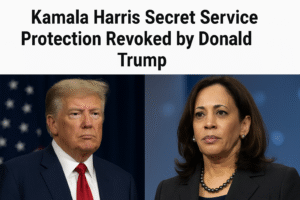
Introduction – The End of Kamala Harris’ Secret Service Detail Kamala Harris Secret Service protection
Former U.S. Vice President Kamala Harris’ Secret Service protection has officially been withdrawn following a decision by President Donald Trump.
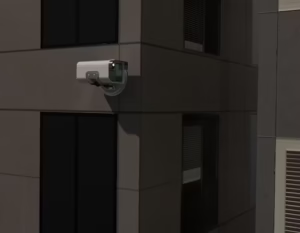
This move has sparked widespread debate, raising questions about political motivation, security risks, and the precedents set by past administrations.
While federal law grants former vice presidents six months of protection, Harris had been granted an extended period under an executive memorandum signed by then President Joe Biden. With Trump’s order, her detail will now end on September 1.
Why Was Kamala Harris’ Security Extended?
Kamala Harris Secret Service protection
Biden’s Executive Memorandum
Normally, the Secret Service provides former vice presidents and their families six months of security.
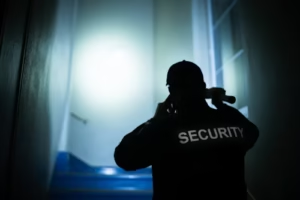
However, Joe Biden extended Kamala Harris’ protection to 18 months, citing her high-profile role and increased threats during her tenure.
This extension was unusual but not unprecedented. Biden acted under the authority granted to the president and the Secretary of Homeland Security to extend security when “conditions warrant.”
Security Concerns and Threat Landscape Kamala Harris Secret Service protection

As the first woman and the first person of color to serve as vice president, Harris faced a higher level of scrutiny and threats.
During her vice presidency and short presidential campaign, multiple individuals were arrested for issuing serious threats against her safety.
In one case, a Florida woman admitted to sending videos threatening Harris. In another, a man allegedly plotted to assassinate her with a sniper rifle.
These threats highlighted why her security extension was considered necessary.
Trump’s Decision to Withdraw Kamala Harris’ Protection
Standard Security Rules

According to law, former presidents receive lifetime Secret Service protection, while former vice presidents receive just six months unless otherwise extended.
Harris benefited from Biden’s extension, but Trump decided to cancel it after 18 months, returning her to the standard framework.
Political Retaliation or Practical Decision?
Critics argue that this move was politically motivated, pointing to Trump’s history of revoking security privileges for officials associated with the Biden administration.

California Governor Gavin Newsom even called the decision “vindictive.”
On the other hand, security experts suggest the Secret Service is stretched thin due to upcoming high-profile events such as the United Nations General Assembly. Protecting Harris during her planned book tour would have required large resources, including multiple vehicles and dozens of agents.
The Risks Kamala Harris May Still Face
Personal Threats Against Harris

Although recent threat assessments have not revealed heightened danger, Harris has historically faced threats due to her gender, race, and political prominence. The concern among her supporters is that the removal of federal protection could leave her vulnerable.
Private Security Options
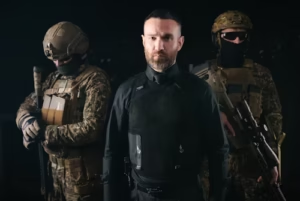
Now that the Secret Service detail is ending, Harris may turn to private security firms. For celebrities and political figures, private protection can cost millions annually. Companies like Meta, for instance, spend over $23 million per year protecting Mark Zuckerberg. Harris’ team has not yet disclosed whether she will pursue private security on a similar scale.
Comparisons with Other Vice Presidents
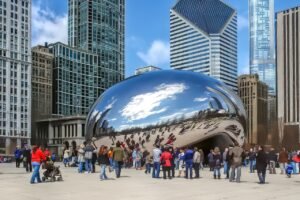
Historical Precedent
Kamala Harris is not the first vice president to lose extended protection. Former Vice Presidents Mike Pence, Joe Biden, Al Gore, and Dan Quayle all received the standard six months.
The only notable exception was Dick Cheney, who received an extension from President Obama due to ongoing safety concerns tied to his role in U.S. foreign policy during the Bush era.
Difference Between Presidents and Vice Presidents
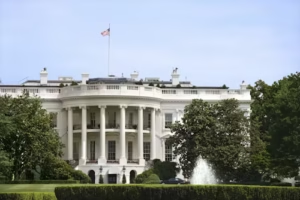
Former presidents, unlike vice presidents, are entitled to lifetime protection. This rule was reinstated in 2013 by President Obama, ensuring permanent protection for former presidents such as George W. Bush, Bill Clinton, Barack Obama, and Joe Biden.
The Political Context of Trump’s Move
Trump’s History of Revoking Security Privileges
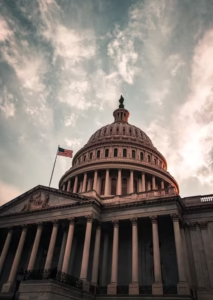
This decision is part of a broader trend under Trump’s leadership. He has previously revoked security protections from individuals such as Hunter Biden, Ashley Biden, and former Homeland Security Secretary Alejandro Mayorkas.
Trump has also removed security details for his own former allies, including ex-Secretary of State Mike Pompeo and former National Security Adviser John Bolton, both of whom later became critics of his administration.
Reactions from Leaders and Analysts
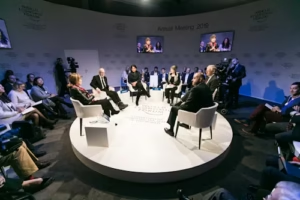
Many Democratic leaders, including Governor Gavin Newsom and Los Angeles Mayor Karen Bass, condemned the decision. They argue that the safety of public officials should not be influenced by politics.
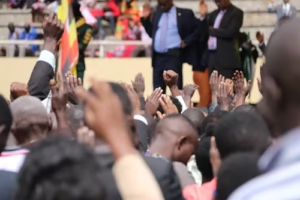
Security experts, however, suggest that the Secret Service must prioritize resources for immediate threats and upcoming high-profile events. Balancing these priorities likely influenced Trump’s final decision.
What’s Next for Kamala Harris Harris’ Future Plans
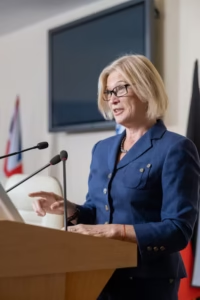
Harris has already announced she will not run for governor of California. While her future presidential ambitions remain unclear, she plans to remain active in national politics, supporting Democratic candidates and continuing her work as a public speaker.
The 107 Days Book Tour
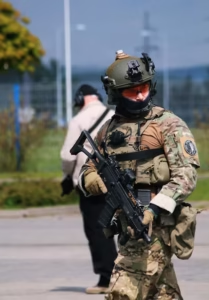
Adding to the timing controversy, Harris is about to launch a 15-city book tour promoting her memoir 107 Days, which recounts her short presidential campaign against Trump. Without Secret Service protection, this tour may pose additional security risks, forcing her team to arrange private security measures.
Conclusion – Security, Politics, and the Future
The withdrawal of Kamala Harris’ Secret Service protection underscores the complex intersection of politics, law, and public safety. While critics argue it was politically motivated, others point to the strain on Secret Service resources.
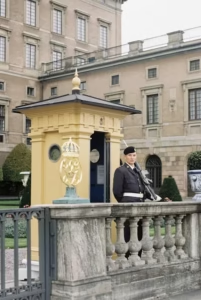
Ultimately, this decision sets a precedent for how future administrations handle post-vice-presidential security. For Harris, it also marks a new phase in her public life, where her safety may depend more on private arrangements than government protection.